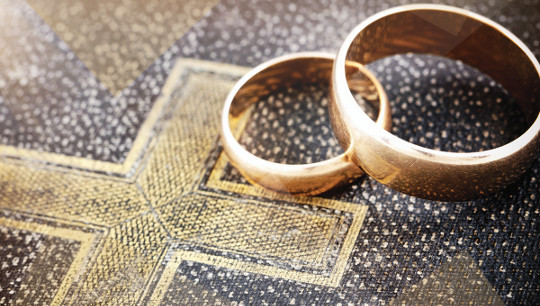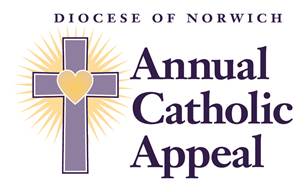God Blesses Your Marriage
Congratulations on your engagement and plans to marry. As Catholics we believe that marriage is one of the seven Sacraments. Your love for each other and your desire to share your lives together is a sign of God’s presence in your life and a call to the vocation of marriage.
Marriage is a lifelong union between a man and a woman for procreation and mutual support and reflects the union of Jesus Christ and His Church. Marriage requires Pre-Cana Preparation classes. Please call the church at least one year before you want to get married to start planning your wedding: 860-739-9722 ext. 223.
The following materials will help you in your wedding preparations:
- Wedding Instructions & Planning Guide
- Readings
- Weddings At a Glance
- Diocese of Norwich Marriage Preparation Guidelines
The Elements of a Natural Marriage
As Fr. John Hardon explains in his Pocket Catholic Dictionary, there are four elements common to natural marriage throughout history:
- It is a union of opposite sexes.
- It is a lifelong union, ending only with the death of one spouse.
- It excludes a union with any other person so long as the marriage exists.
- Its lifelong nature and exclusiveness are guaranteed by contract.
So, even at a natural level, divorce, adultery, and “homosexual marriage” are not compatible with marriage, and a lack of commitment means that no marriage has taken place.
Marriage is one of the seven sacraments of the Catholic Church. As such, it is a supernatural institution, as well as a natural one. The Church, therefore, restricts sacramental marriage to men and women who meet certain requirements.
In order to get married in the Catholic Church, you must be:
- A Baptized Christian: Both partners do not have to be a Catholic in order to be sacramentally married in the Catholic Church, but both must be baptized Christians (and at least one must be a Catholic). Non-Christians cannot receive the sacraments. For a Catholic to marry a non-Catholic Christian, express permission is required from his or her bishop.
- Free to Marry: If one of the partners, Catholic or non-Catholic Christian, has been married before, he or she is free to marry only if his or her spouse has died or he or she has obtained a declaration of nullity from the Church. The mere fact of a divorce is not sufficient to prove the nullity of a marriage. During marriage preparation, you must inform the priest if you have been married before, even in a civil ceremony.
- Of the Opposite Sex as Your Partner: Marriage, by definition, is a lifelong union between one man and one woman. The Catholic Church does not recognize, even as a civil marriage, a contracted relationship between two men or two women.
When in Doubt: If you’re not sure whether you are free to contract a valid marriage, or whether your potential marriage would be sacramental or non-sacramental, the first place to check is, as always, with your parish priest. In fact, if your potential spouse is not Catholic, or if either of you has been married before, you should discuss your situation with your priest even before you get engaged (if possible). And even if both of you are Catholic and free to marry, you should make an appointment with your priest as soon as possible after your engagement. Any marriage that is contracted in opposition to the regulations of the Catholic Church is not only non-sacramental but invalid.
Because of the sacramental nature of Christian marriage and the serious nature of even non-sacramental (natural) marriage, it is not something to be entered into lightly. Your parish priest will help you ensure that your marriage will be valid—and, if contracted between two baptized Christians, sacramental.



